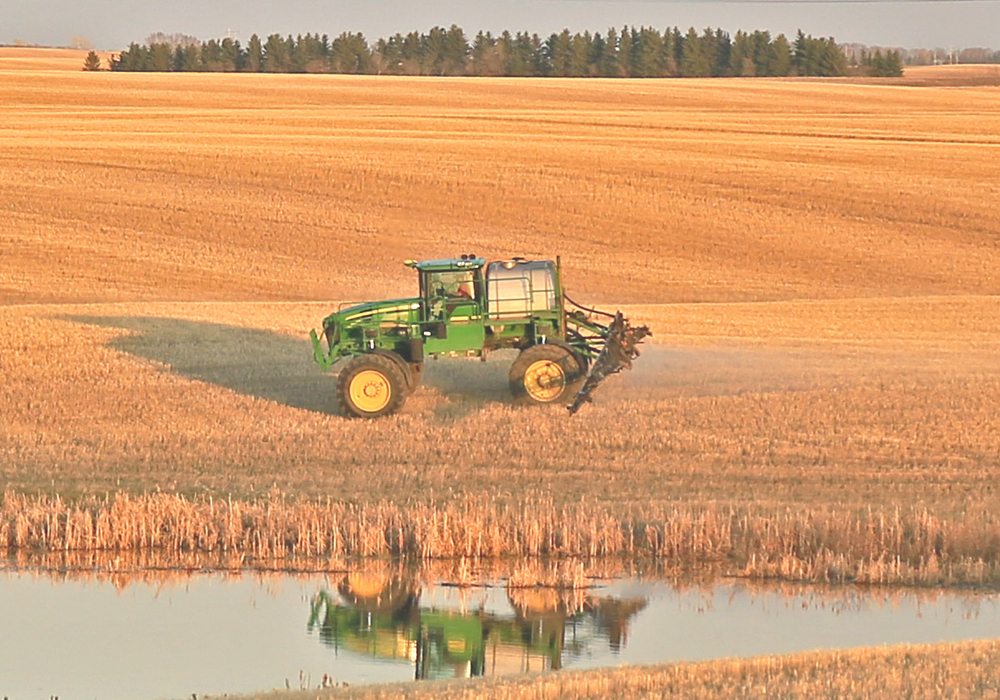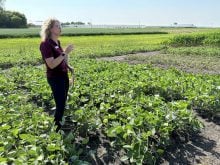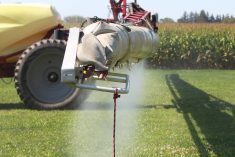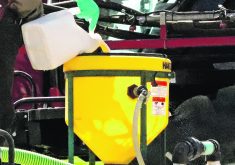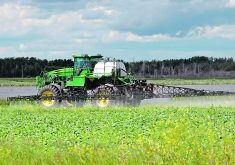HAMBURG, Germany (Reuters) — Germany’s draft coalition deal includes a goal of ending the use of glyphosate but gives no time frame, after Berlin swung a vote in November extending its use across the European Union.
The timing of an end to glyphosate use has been controversial in Europe amid a heated debate over whether the chemical causes cancer.
“We will with a systematic minimalization strategy significantly restrict use of plant protection chemicals containing glyphosate, with the goal of fundamentally ending usage as fast as possible,” the draft deal to establish a new German coalition government said.
Read Also

Canadian Food Inspection Agency red tape changes a first step: agriculture
Farm groups say they’re happy to see action on Canada’s federal regulatory red tape, but there’s still a lot of streamlining left to be done
The draft did not indicate a schedule for ending glyphosate use.
In November, German agriculture minister Christian Schmidt caused international controversy and a major row in Germany’s government by unexpectedly backing a European Commission proposal to permit use of glyphosate for the next five years.
The move by Schmidt, a conservative, effectively allowed the extension in glyphosate use within the EU, despite opposition from France and from the centre-left Social Democrats (SPD) in Germany’s current government coalition.
Germany’s SPD environment minister, Barbara Hendricks, has called for an end to glyphosate use in the current four-year parliament. Both ministers are still in their jobs as caretakers but a new coalition cabinet will soon be named.
Other agricultural policies agreed for the new government include a formalization of the current ban on growing crops containing genetically modified organisms in Germany and an expansion of organic farming, the draft deal said.
An animal welfare food label will also be introduced for meat produced using farming methods with high care standards.
The new government will oppose patents on animals or plants and will not accept cloning of animals for food production.

